Entertainment gossip and news from Newsweek's network of contributors
I wasn't a big fan of the first Death Stranding. It wasn't a bad game by any means, but it was frustrating at its best, with slow, methodical gameplay that was often akin to pulling teeth, extreme tonal whiplash, and messy, self-indulgent storytelling that was clearly the result of director Hideo Kojima refusing to edit his own work. Death Stranding 2 does all of the same and more, turning every aspect from the first game up to 11 and then leaning in just a little bit further — but somehow, it all works, and it's one of the best games I've ever played.
Death Stranding 2 opens atop a beautiful, desolate mountain range. Sweeping shots of the mountainous vistas of Mexico look so unbelievably real that I was convinced at first that it was real footage, but then Sam – portrayed by Norman Reedus – was on-screen, baby Lou in his arms, and I was handed control. That feeling of surprise, the shock of unbelievable graphics being rendered in real time, stood up for the entire game. It's impossibly pretty, and it impressed me for every single second during my 50 hours with the game.
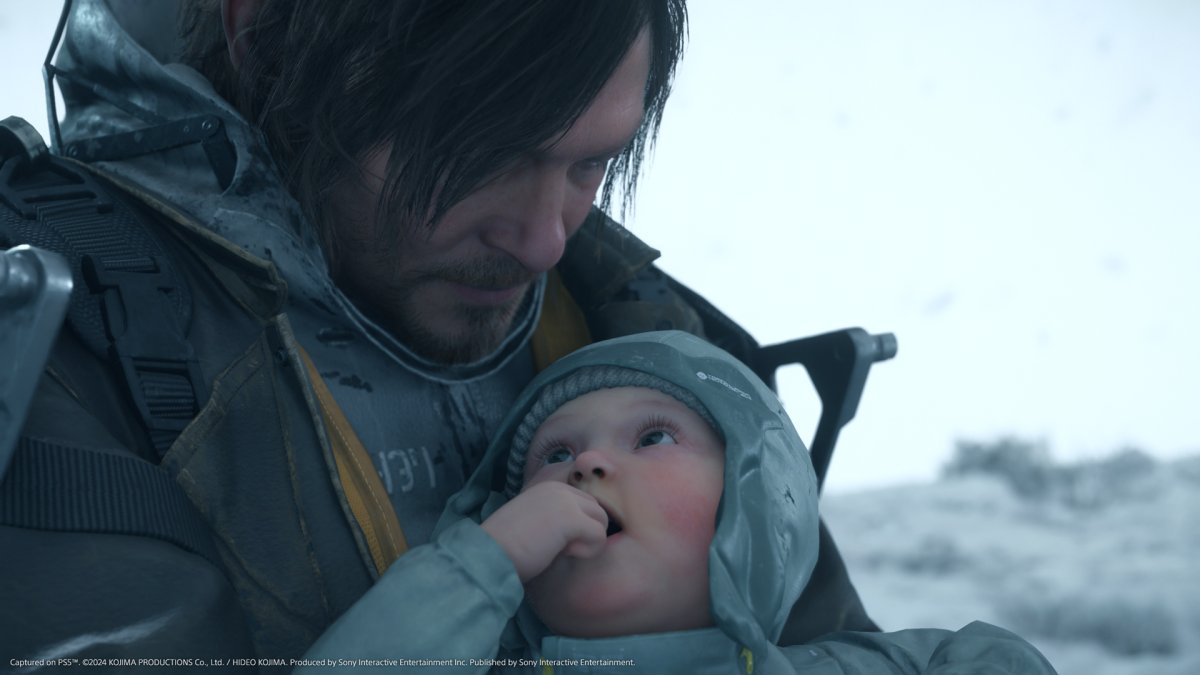
As I descended down to Sam's cozy retreat, I felt a slight sense of dread. That descent felt a lot like playing Death Stranding again, and what followed wasn't too different, either. It was slow, methodical, and slightly frustrating. But it didn't take long for things to change. As Death Stranding 2 introduces its mechanics, it erodes any sense that this is just more of the same. Everything is bigger, better, and more satisfying.
Combat was one of Death Stranding's weak points, for example, but it always had the bones of something that could feel good to play. Here, thanks to vastly improved enemy design and a wide glut of new weapons and combat abilities, those bones are coated in flesh, resulting in a meaty experience that rivals most third-person shooters. Boss fights are more style than substance – and excessively video game-y at that, with large glowing weak points – but that is very much by design. On more than one occasion, characters look directly into the camera and tell you that it's time for a boss fight, or that a long cutscene is coming up. It's Kojima poking fun at the medium he's spent decades in, and while it's very blunt – and sometimes veers into being the very thing it's making light of – it's kind of charming.
But I didn't really spend much time in combat. It's largely unavoidable, sure, but it plays second fiddle to DS2's traversal and exploration. There's a common misconception that these games are "walking simulators," games where all you do is walk and talk. You certainly do a lot of walking and talking in DS2, but it's a lot more interesting than it sounds. There's a huge open world to explore, and lots of heavy, cumbersome cargo to deliver, but it's not just about getting from A to B.
There are an infinite number of possible routes to take, hundreds of considerations to factor into your decisions. Most of the game takes place in Australia, and it's a harsh country, subject to bushfires and flooding, wildlife at every turn, and some very harsh landscapes. Planning out a route is as much of a puzzle as anything, and knowing when to throw that plan out the window and improvise is a key part of the experience. The act of traversal itself is the challenge of Death Stranding 2, and it's an incredible challenge that feels meaningful, even when all you're doing is taking seemingly meaningless MacGuffins to far-off places.
Let me give you an example. About midway through the game, I was tasked with delivering a truly absurd amount of heavy cargo a very long distance. It was far too much to carry in my backpack, so I loaded it into my trusty truck to make the trek. I planned out my route precisely, making sure I was avoiding any enemies or environments that my truck couldn't handle, like steep, sandy hills and long drops that would damage the cargo.

Despite my perfect planning, it didn't take long for tragedy to strike and my plan to be derailed. A freak firestorm set the surrounding forest on fire, causing an impromptu detour that took me through a rocky area that my truck absolutely could not handle. An encounter with a monstrous BT and a bout of Timefall finished it off, leaving my truck completely inoperable with many miles left to go. I remembered that I had skirted around an enemy base camp not long prior, and that sometimes enemy camps have trucks that you can commandeer, so despite not being geared up for combat, I used a mix of stealth, luck, and the limited weapons I found scattered around the camp to take them down and make my escape in one of their trucks. I planned, I improvised, and I made it through the challenges the world provided.
And that's where Death Stranding 2 is at its best. When you approach every puzzle with precision and everything still goes off the rails, and you're stranded in the middle of Australia with a tonne of cargo to move, you have to figure it out and make it through. You have to improvise, write your own story and forge your own path through the wilds, and that makes for some incredible stories to share with friends.
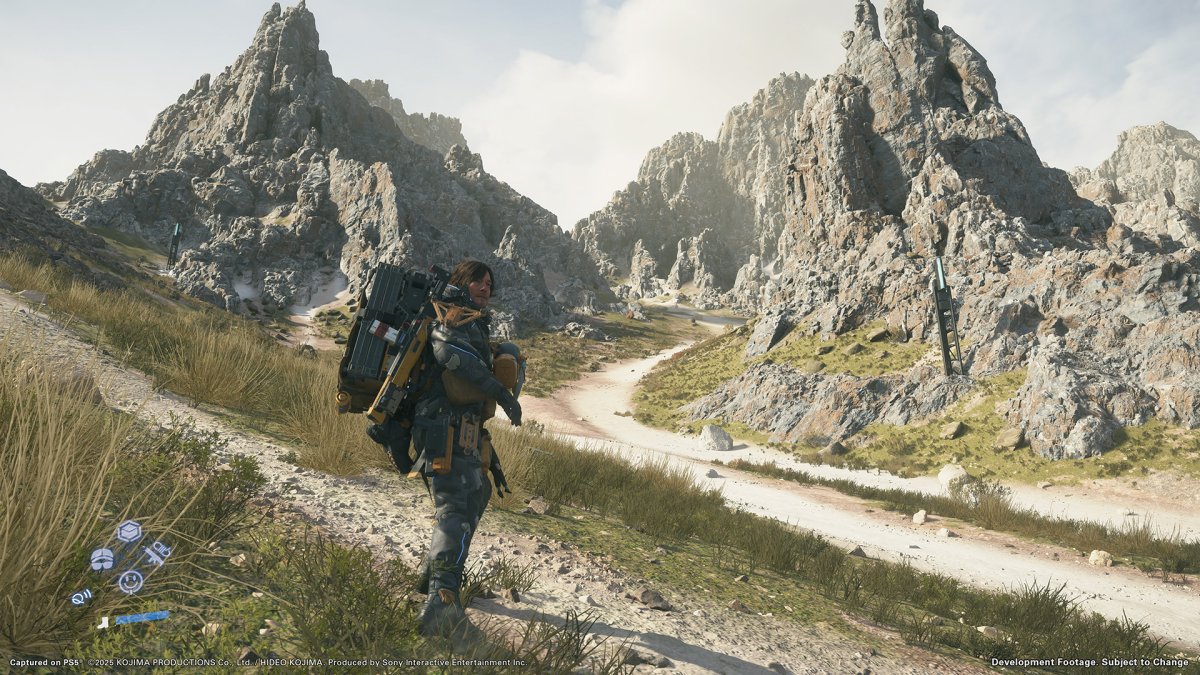
Sharing is at the core of the experience, too. The "strand" system sees structures and improvements implemented by other players showing up in your game, and vice versa. If another player builds a bridge over a river, or a generator to recharge your vehicle's batteries, it could pop up in your world. Players can donate weapons and resources at key locations, or offer up cargo they can't deliver to somebody who can. It's an asymmetrical kind of multiplayer that makes the world feel alive and thriving, and while the system is largely unchanged from the first game, it was one of the things in the first game that felt fully-realized, and it feels the same here.
And that ultimately brings us to the story, which is far above anything I could have expected. From the very start, I was deeply enthralled in everything that Death Stranding 2 had to offer in its story. It was compelling and exciting, filled with twists and turns, loss and fortune, low points and high points. It contrasts deeply sad and affecting moments with the silliest nonsense you've ever seen, a scene of a character succumbing to death followed by a cheesy dance number out of nowhere. It pulls its punches when you expect it to hit, and hits when you think it's pulling its punches. I didn't think a Hideo Kojima game where your only constant companion is a possessed puppet could bring me to the verge of tears, but it did, multiple times, and often because of that very puppet.
It's a messy, tonally inconsistent game, but it's messy and inconsistent in a way that people are messy and inconsistent. Some people deal with grief by singing and dancing, some with jokes and laughter, and every character in DS2 is grieving something — the loss of a loved one, the theft of a childhood, the chance at a future snuffed out. The characters in DS2 deal with this grief in every way imaginable, and it feels raw and unfiltered, like pages from a dozen deeply personal diaries copied verbatim into the script. It's messy, but it's human. And somehow, against all odds, it sticks the landing every single time.
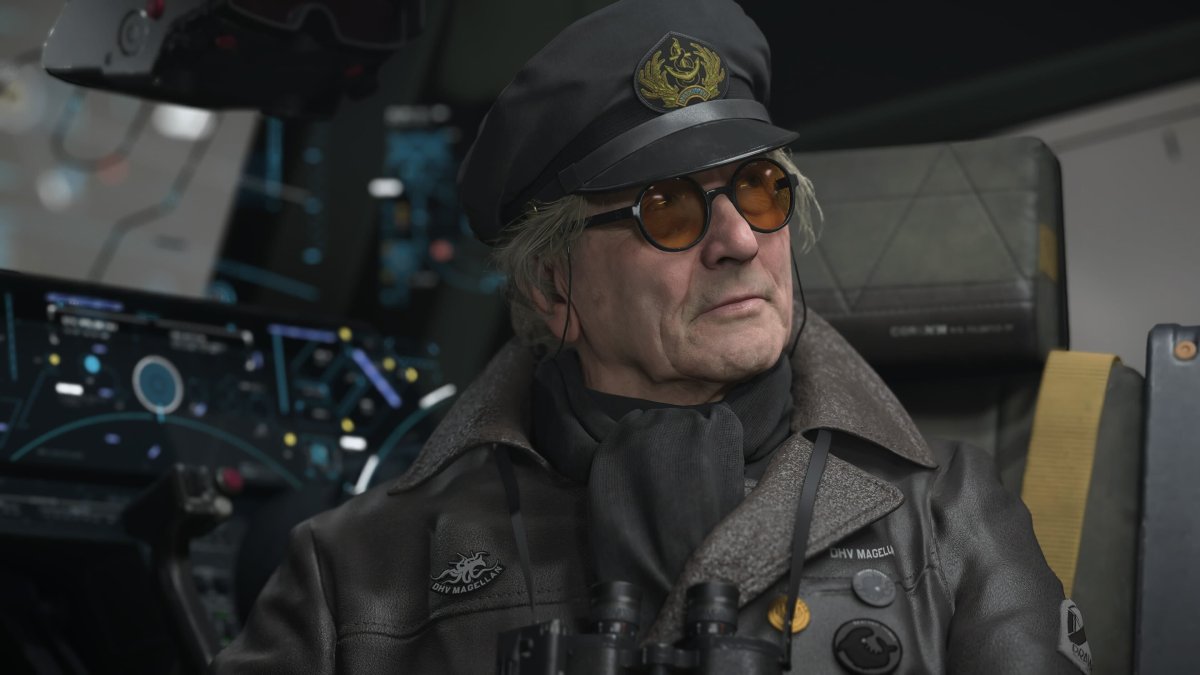
It's also filled with all the things that Kojima loves. It's got his favorite movie directors and musicians in key roles, countless references to anime and TV series that he's gushed about on Twitter, and a lot of music that assuredly pops up on Kojima's most played list in his Spotify Wrapped each year. It's self-indulgent storytelling at its fullest, and in Death Stranding that was often a little bit trite, but there's an earnestness in this sequel that wasn't so apparent in the first game. Kojima isn't inserting these things because he can, nor is he doing it because putting a famous actor in the game puts more eyes on it, like Chris Pratt voicing Mario in The Super Mario Bros. Movie. Everything you see in DS2 is there because Kojima truly, deeply loves it, and he wants to share that love with everybody who will give him the time of day.
If I hadn't been asked to review Death Stranding 2, I probably wouldn't have played it. That would have been a mistake. It's one of the best games I've ever played, and one of the most beautiful games ever made, even on the base PS5. Maybe I'm biased as an Australian, or maybe I've grown more sentimental since the release of the first game and the global pandemic taught me to value human connection more than ever before, but whatever the case is, I'm glad I got the opportunity to play Death Stranding 2. For the first time in my life, I'm looking forward to whatever Hideo Kojima does next.



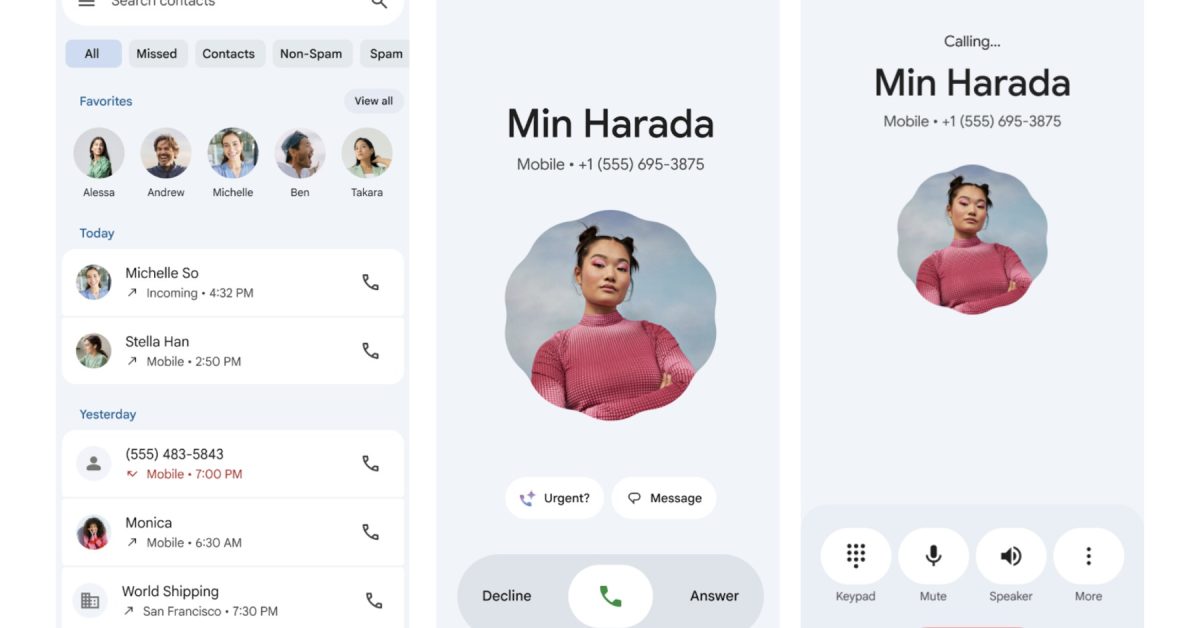
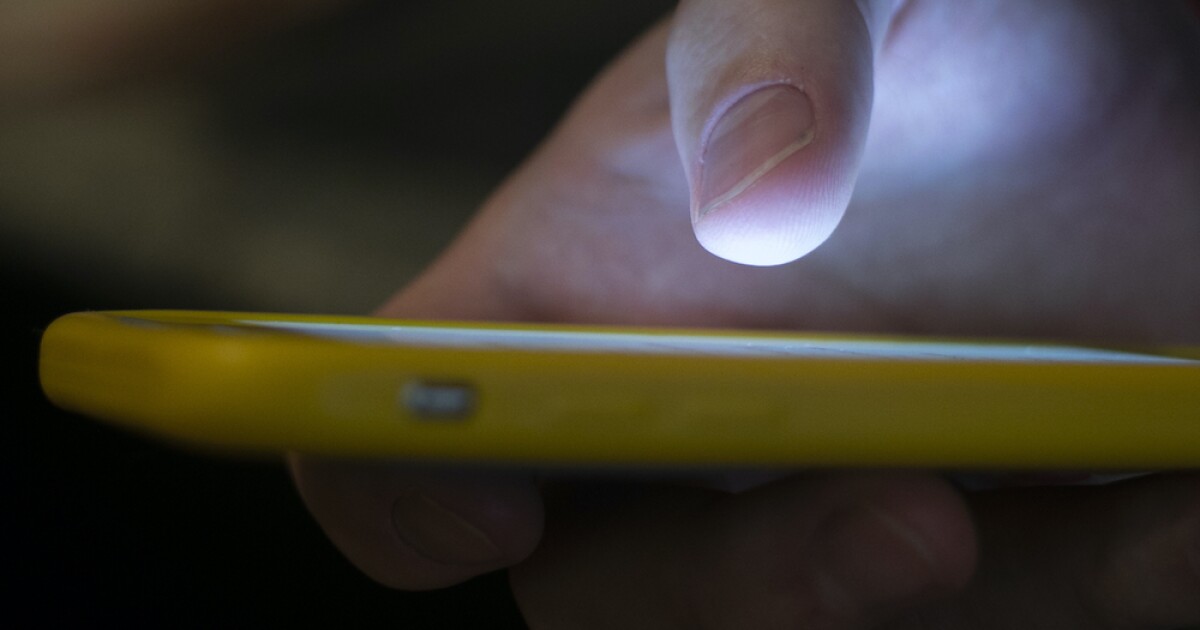




 English (US) ·
English (US) ·